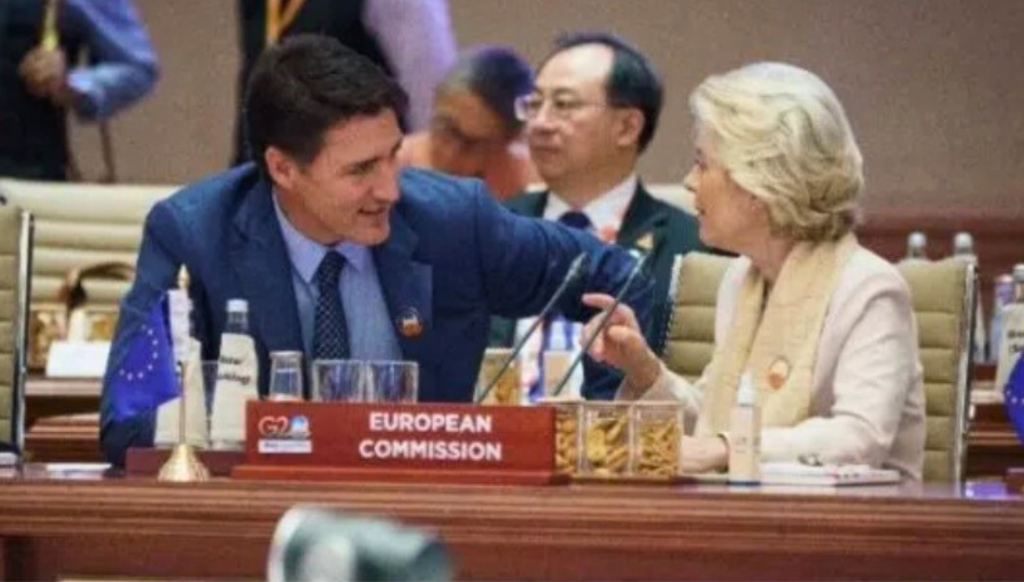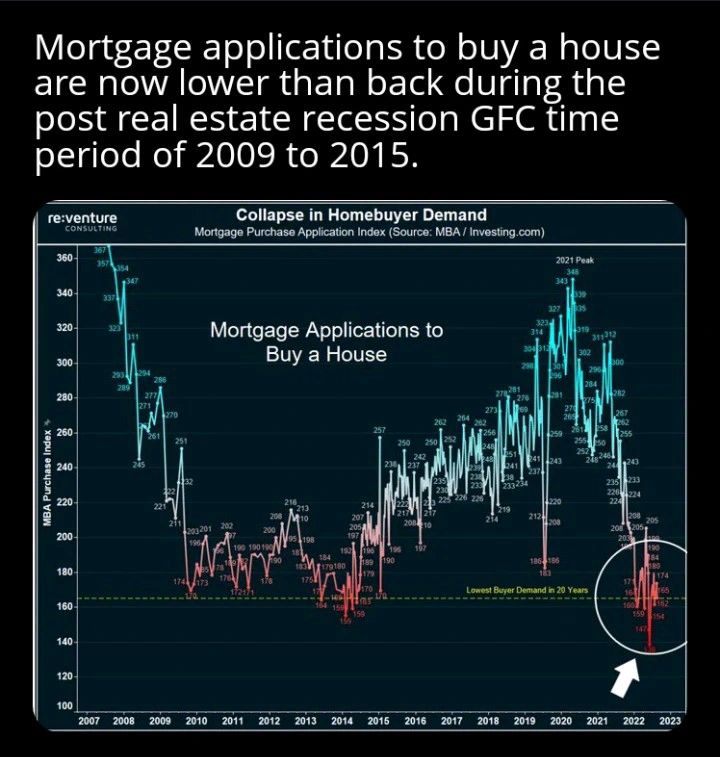
European Commission President Ursula von der Leyen warned people who refuse to accept the WEF’s new digital ID scheme will be excluded from participating in society.
During an appearance at a G20 Summit session, dubbed “One Future,” Von der Leyen said the EU’s collective future will be digital, governed by globalist organizations such as the WEF.
“One thing seems clear: the future will be digital,” von der Leyen said.
During her speech, von der Leyen focused on AI and digital infrastructure.
“As it has been described, AI has risks but also offers tremendous opportunities,” von der Leyen said. “The crucial question is how to harness a rapidly changing technology.”
“It is telling even the makers and inventors of AI are calling on political leaders to regulate.”
von der Leyen said the EU, in 2020, presented the first-ever law on Artificial Intelligence.
“We want to facilitate innovation while building trust. But we need more.
What the world does now will shape our future,” von der Leyen said.
“I believe that Europe — and its partners — should develop a new global framework for AI risks. It should protect us against systemic societal risks and foster investments in safe and responsible AI systems, at the same time.”
The EU chief also stressed globally accepted standards must be created under the purview of the United Nations, similar to their Intergovernmental Panel on Climate Change.
von der Leyen said at the global level the EU will eventually need to reach the broader community of the United Nations.
“We would need a similar body to the IPCC for climate, and here we need additional outreach to the scientists, entrepreneurs and innovators,” von der Leyen said.
“They need to provide the knowledge on the risks posed by AI, as well as the potential benefits for humanity.”
Then von der Leyen gave her thoughts on Digital Public Infrastructures.
“They can be a real booster to emerging economies,” von der Leyen said.
“India has achieved remarkable success in rolling out its Digital Public Infrastructures. We heard the prime minister, and we very much support his initiative. The possibilities are huge, but the investments, are small.”
“The trick is to build public digital infrastructure, that is interoperable, open to all and trusted.”
von der Leyen then championed the concept of digital public infrastructure similar to the coronavirus passport system, a system developed by the EU as a response to COVID-19.
Alarmingly, von der Leyen praised the EU’s strides towards a bloc-wide digital identity app capable of storing a citizen’s personal information, including credit cards, driver’s licences and passport data.
“Let me give you one example that is a reality today. Many of you are familiar with the COVID-19 digital certificate. The EU developed it for itself,” von der Leyen said.
“The model was so functional and so trusted that 51 countries on four continents adopted it for free. The WHO uses it as a global standard to facilitate mobility in times of health threats.”
These developments have rung alarm bells for individuals and nations valuing free speech and privacy. Her address explained that anyone who didn’t adopt the digital ID would be left behind.


